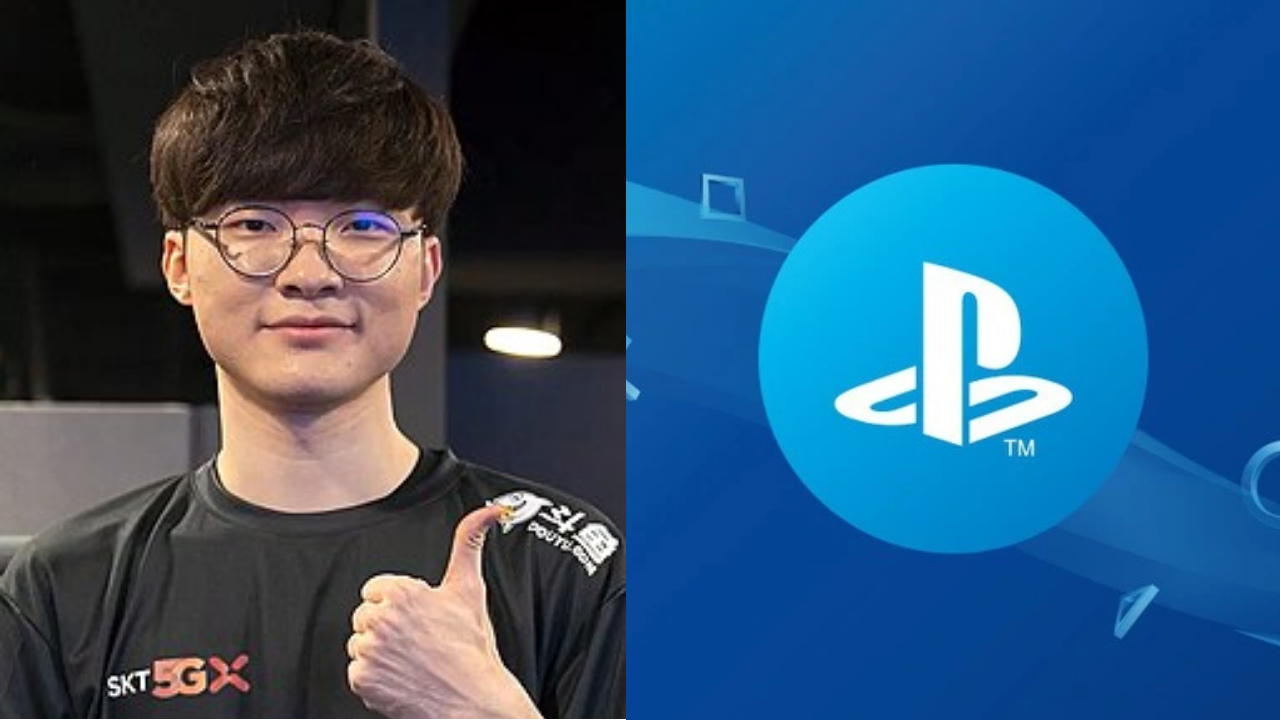In recent days, the PlayStation Network (PSN) has been at the center of an intense controversy, drawing attention from both genuine gamers and critics alike. But among all the voices calling for change and accountability, one has stood out – an individual who describes themselves as an “angry fake gamer.” While this term may seem contradictory, it’s a phrase that has sparked intrigue in the gaming community, particularly as it relates to the frustrations surrounding the PSN outage.
In an exclusive interview, the self-identified “fake gamer” opened up about their experiences, frustrations, and concerns. Their impassioned plea echoes a growing sentiment among users who feel that the system in place has let them down, and that their voices are not being heard in the wake of technical failures.
A Shattered Trust
The issue began when the PlayStation Network experienced widespread outages, leaving many users unable to access their accounts, purchase content, or even play online games. While network outages are not uncommon, this particular incident hit particularly hard, especially for those who rely on PSN for both social and gaming experiences. For some, the PSN is more than just an online service; it’s a hub for connecting with friends, family, and a community of like-minded individuals.
However, many gamers felt that Sony’s response to the outage was sluggish at best. In the midst of technical difficulties, there was little communication or transparency, leaving users to wonder what was really going on behind the scenes. This lack of clarity and empathy from Sony further frustrated users, who felt abandoned by a company they had invested time and money in.
This is where the “angry fake gamer” comes into play.
The “Fake Gamer” Identity
In the interview, the “fake gamer” explained that they refer to themselves as such not because they are not passionate about gaming, but because they feel alienated by the culture surrounding it. “The gaming community can be unforgiving,” they explained. “If you don’t fit a certain mold, you get labeled a ‘fake gamer.’ And the PlayStation Network incident, for me, is just the latest example of why the system feels broken.”
Their frustration stems from feeling like an outsider in a space they once felt a part of. The term “fake gamer” is often used to shame people who are perceived as not living up to the standards set by the most dedicated fans of the medium. It’s a way of labeling someone as an outsider for reasons ranging from playing games casually to not knowing every detail about gaming history. For this individual, it’s a reminder of the barriers within gaming culture, especially when technical issues like the PSN outage occur and the community is left scrambling for answers.
“I’ve never been a hardcore gamer, but I’ve always enjoyed PlayStation games and the community,” they said. “But after this PSN mess, it feels like the more you care, the more you’re punished. And because I’m not always online or into every single game that releases, I’m called a fake gamer by some. It’s disheartening.”
Plea for Understanding
As the interview continued, the “fake gamer” grew more impassioned, pleading with others not to push those who may not have the same level of expertise or engagement to the brink. “There’s almost nothing I can do about it,” they said, “and I know that’s frustrating for everyone. But we can’t keep alienating people who just want to enjoy gaming without being constantly scrutinized.”
The crux of their message is simple: the gaming world needs to be more inclusive, especially in times of crisis. Instead of pointing fingers and criticizing people for not knowing enough or being “real” gamers, we should focus on collective action to address issues, like the PSN outage, that affect everyone. After all, in the end, gaming is supposed to be about fun and connection, not division.
Their plea is not just for Sony to fix the technical issues surrounding PSN but also for the gaming community to grow beyond its current state of gatekeeping and exclusion. “Please don’t push us to the edge,” they added. “Even if we aren’t always as invested or knowledgeable as others, we deserve a voice.”
The Bigger Picture
The PlayStation Network incident is only one example of how technical issues can have far-reaching effects on gaming communities. What this individual’s frustration highlights is the larger issue of inclusivity and accessibility within gaming culture. Too often, individuals who don’t fit the stereotypical gamer mold are marginalized or dismissed, whether that’s due to casual playstyles or lack of extensive gaming knowledge.
While the PSN outage is a relatively temporary inconvenience, the larger issue it reveals about the culture surrounding gaming is not so easily fixed. It’s a culture that too often rewards exclusivity over inclusivity, creating a divide between gamers who feel entitled to certain privileges and those who are just trying to enjoy the experience at their own pace.
Moving Forward
As Sony works to resolve the ongoing technical issues with PSN, one thing is clear: the gaming community needs to start rethinking its attitude toward newcomers, casual gamers, and those who are not always able to keep up with the latest trends. After all, gaming should be for everyone, not just for the most dedicated or knowledgeable.
For the “fake gamer,” this is an opportunity to call for a shift in the gaming community’s mindset—one that values enjoyment, connection, and inclusivity over rigid definitions of what it means to be a gamer. Only by coming together can gamers hope to weather the next inevitable outage or crisis, without pushing anyone to the brink
